10 political biographies to read during the general elections

Election season is here, and this is the time when many may start exploring their political views more seriously. Debates range from local politics to national or even international during this time, discussing the present inevitably leads to the past—and the question arises: does it help to read the perspective of individuals who were present in that time of history?
While history has never been a one-man show, viewing it through the eyes of influential leaders can lend us a bigger picture. And what better way to know them if not their biographies which capture their life, their ambitions, and their struggles?
Here are 10 books to read to get a better insight into the political history of Bangladesh:
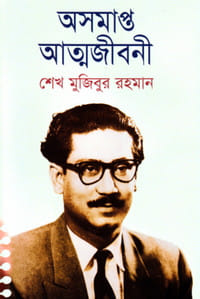
Oshomapto Attmojiboni
Bangabandhu Sheikh Mujibur Rahman
The University Press Limited (UPL), 2012
Oshomapto Attmojiboni has been one of the go-to autobiographies to know the history of Bangladeshi politics, and it is not hard to see why. The book portrays not only Bangabandhu Sheikh Mujibur Rahman's political career and history from the end of the British Empire but also the total 23 years of struggle to liberate Bangladesh (the then East Pakistan). From being a disciple of Hussain Shahid Shuhrawardy to becoming the undisputed leader of this country, Sheikh Mujibur Rahman has a lot to say about history, and this book is a testament to that.
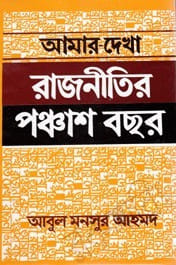
Amar Dekha Rajnitir Ponchash Bochor
Abul Mansur Ahmad
First published in 1969
Written in 1969, veteran politician Abul Mansur Ahmad's autobiography is one of the most rigorous records of the political history of Bengal. Starting from the non-cooperation movement in the British period, the book travels through the Partition of 1947 to the liberation period of Bangladesh. As with autobiographies, it not only contains the history as seen by him but also the political commentary according to his political views.
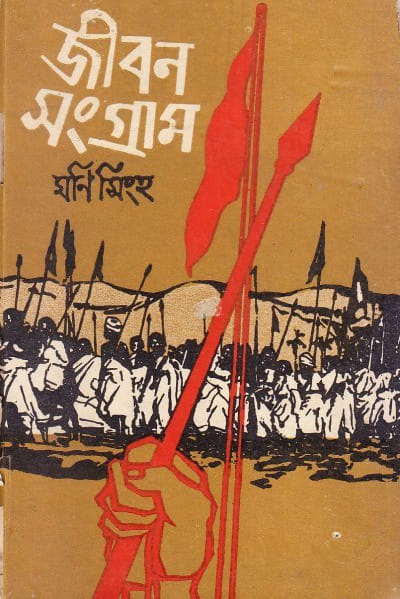
Jibon Shongram
Comrade Moni Singh
Jatiyo Shahitto Prokashoni, 2015
Communism has always been present in Bengal; Moni Singh was one of the first politicians associated with the movement. He was the founding member of the Communist Party Of East Pakistan (later Bangladesh). This autobiography is a recollection of his activity as a communist working for the peasant movement since the 1920's, and later into the liberation war period. He explains the history from a communist lens of class struggle, and a belief in the establishment of socialism.
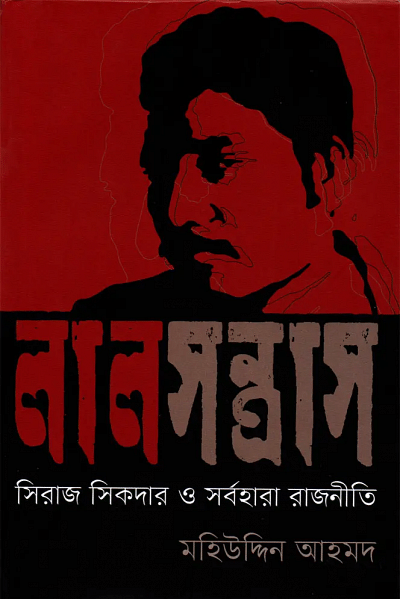
Lal Shontrash: Shiraj Shikder Ebong Sharbohara Rajniti
Mohiuddin Ahmad
Baatighar, 2021
Shiraj Shikder was probably one of the most controversial figures in Bangladesh politics before and after the Liberation War. Inspired by Mao Tse-Tung, Shiraj Shikder tried to emulate his model of revolution in Bangladesh, with certain modifications. The book by Mohiuddin Ahmad is a gold mine of his and his party, Proletarian Party Of East Bengal's, history, which is reflected not only through the official party papers but also through heartfelt interviews with his fellow communists.

Bhasani Chorit
Syed Abul Maksud
Prothoma Prokashon, 2023
This biography, as the name suggests, explores the life of Mawlana Abdul Hamid Khan Bhashani, an unforgettable figure in the politics of Bengal. Born in a peasant family, Bhashani was always vocal about the rights of peasants in rural Bengal. To achieve those rights, he had created many interesting, sometimes contradictory dynamics with both the leftists, especially the communists, and nationalists, like Sheikh Mujibur Rahman. Syed Abul Maksud's wonderful prose illustrates every aspect of Bhashani's life and tries to present an objective analysis of his goals and the roads he took to achieve them.
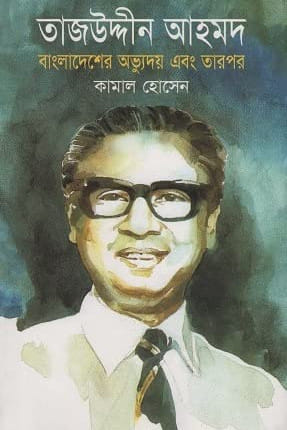
Tajuddin Ahmad: Bangladesher Obbhudyay Ebong Tarpor
Dr Kamal Hossain
Ankur Prokashoni, 2017
Tajuddin Ahmad can be rightly called an unsung hero of the Liberation War of Bangladesh. Written by another veteran politician and colleague, Dr Kamal Hossain, this biography is a gem for anyone wanting to learn about him. Although he is sometimes considered to be the right-hand man of Sheikh Mujibur Rahman, Tajuddin Ahmad was also an excellent individual in his own right and this biography explores that spanning from his childhood to his emergence as a politician and policy-maker.
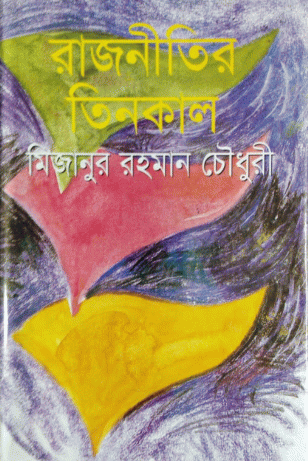
Rajnitir Tinkal
Mizanur Rahman Chowdhury
First published 2001
Mizanur Rahman Chowdhury's versatile political career began as a student in the front of the Muslim League. He was intimately involved with the politics of the Awami League, working in the Language Movement, the Six-point Movement, and the Liberation War. He eventually became the prime minister for two years in 1986. This autobiography reflects the inner scenario of Awami League and contains an analysis of the events that occurred during his career.
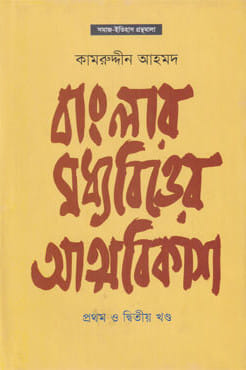
Banglar Moddhobitter Attobikash
Kamruddin Ahmad
Prothoma Prokashon, 2020
True to its name, this autobiography depicts the emergence of the Bengali middle class as a whole. Although he left politics later in his life, he was a keen observer of history, and this was reflected in his writing. He traces the rise of the middle class as a political factor in this autobiography and presents his own life as an example. After 1905, the Partition of Bengal, the politics of the Bangali, and the Muslim middle-class identity became somewhat distinct politics, and Ahmad's books are great resources to learn about that.
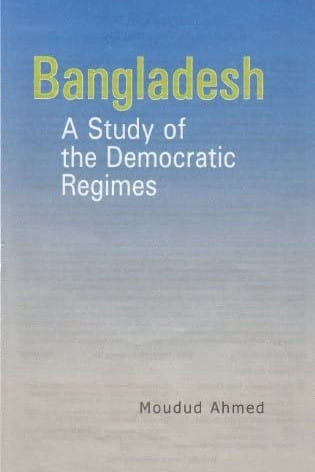
Bangladesh: A Study Of Democratic Regimes
Moudud Ahmed
The University Press Limited (UPL), 2012
This biography is different from many on the list because it focuses on the supposedly democratic regimes after the fall of the autocratic rule of Hussain Muhammad Ershad in 1991. Moudud Ahmed, a lifelong politician, delves into the analysis of governments after 1991 that called themselves democratic and examines if they were so. He was directly involved with many of the processes during this period. The history of the book ends in 2006, just before another chaos-ensued period in Bangladesh's history.
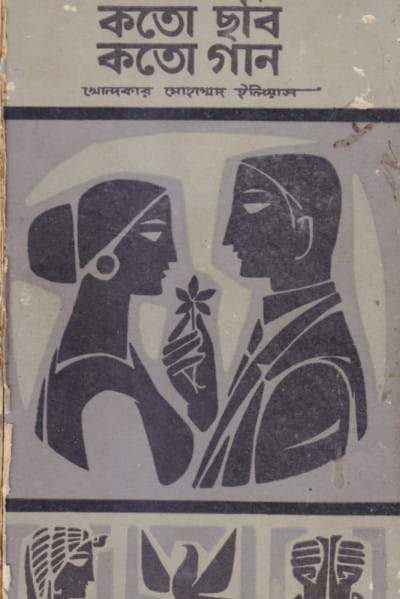
Koto Chobi Koto Gaan
Khondakar Mohammad Elias
First published in 1968
Khondakar Mohammad Elias a left-wing politician, who was a supporter of the USSR—Bangladesh relationship. He was an ardent supporter of socialism and considered the liberation struggle of Bangladesh to eventually culminate in that goal through Sheikh Mujibur Rahman. He lived his life with that conviction, and his memoir bears that out. A prolific writer, his autobiography serves as an important piece to learn about that period of history during the reconstruction after 1971.
Sadman Ahmed Siam is a contributor.

 For all latest news, follow The Daily Star's Google News channel.
For all latest news, follow The Daily Star's Google News channel. 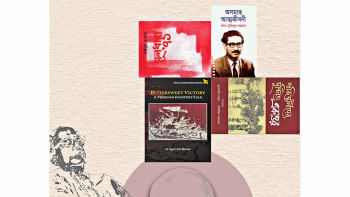




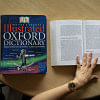

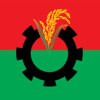

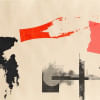


Comments